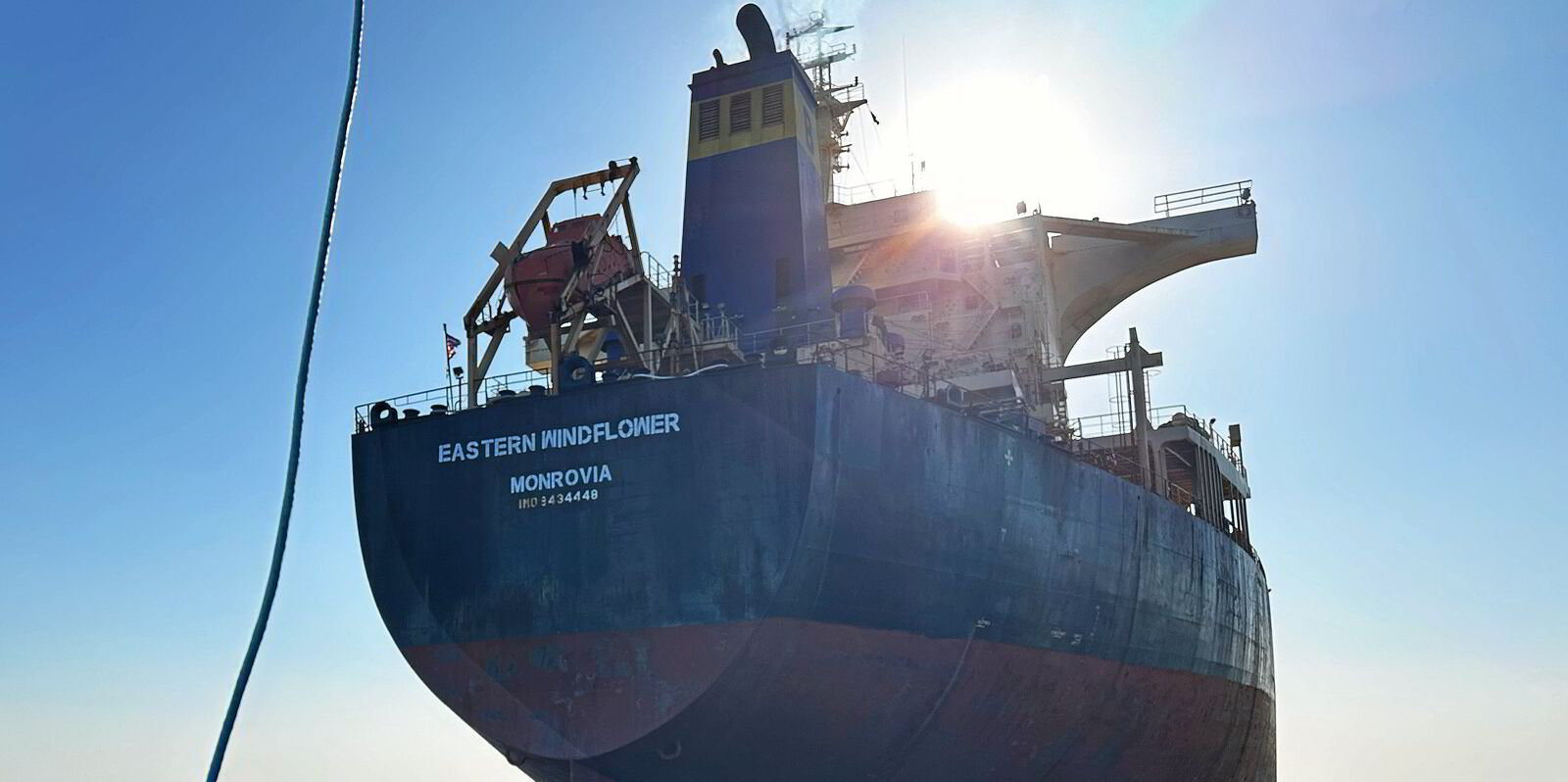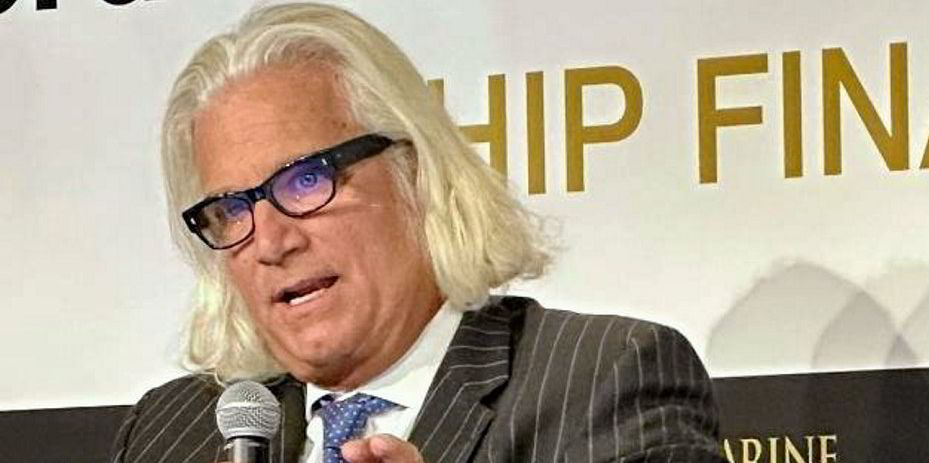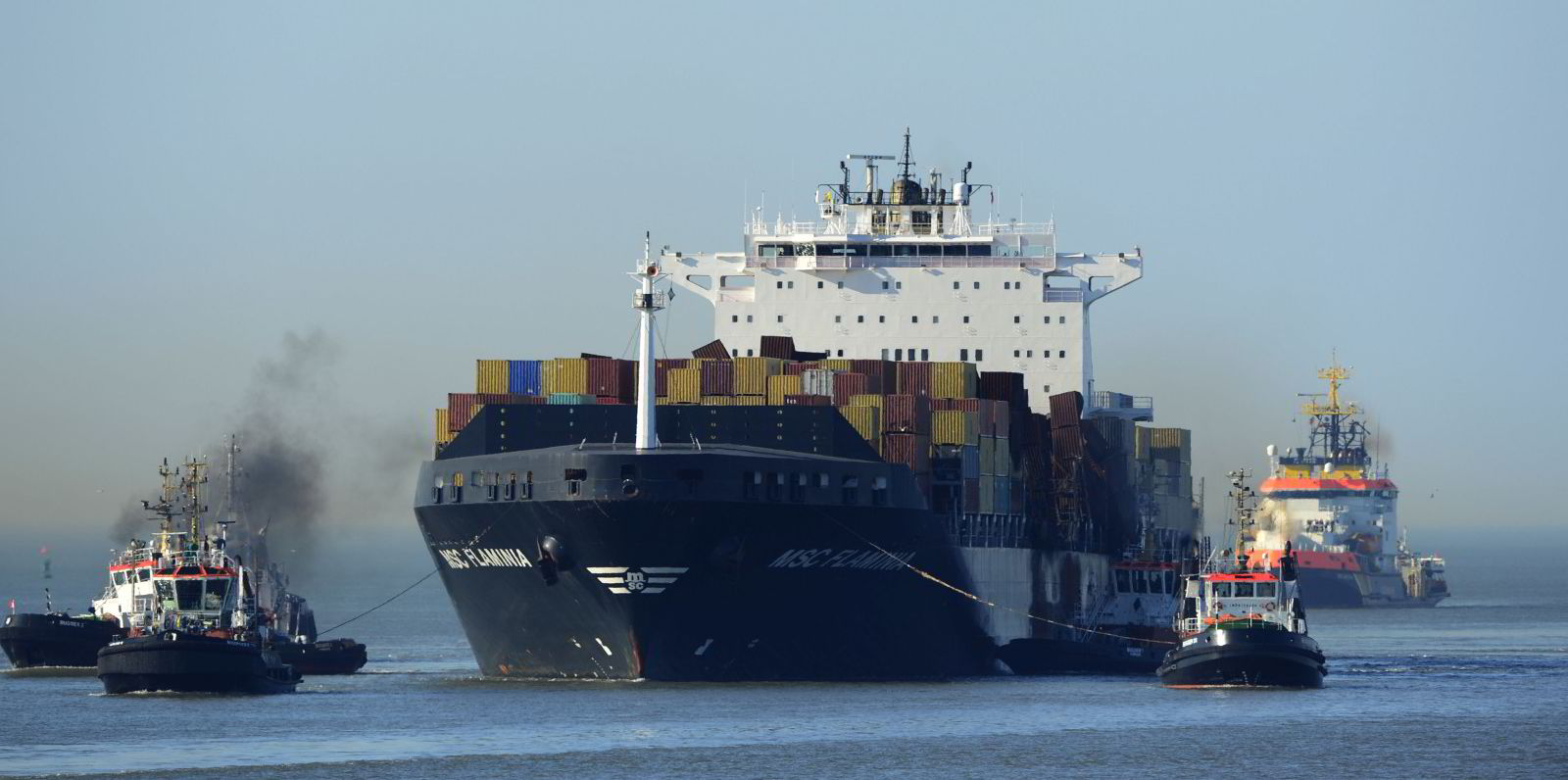Odfjell is sticking to the basics.
That includes a fleet renewal process that has put it at the top of the chemical tanker orderbook leaderboard with 20% of the ships on order destined for its fleet and a hunger for more.
“We are renewing our fleet and defending our market position,” chief executive Harald Fotland told TradeWinds during an interview at Odfjell’s Bergen office.
“It sounds a lot but it’s what we need to be in the market.”
While the chemical tanker orderbook is small, at just 7% of the total fleet, Oslo-listed Odfjell has 15 vessels set to join its fleet between now and 2027, with most of them on long-term charter deals.
Of those 15, three are 25,000-dwt ships to be delivered this year. A further eight of roughly the same size will join in 2025 and 2026.
The company has four 40,000-dwt super segregators set to hit the water in 2026 and 2027.
It has also teased even more additions: at its capital markets day in Oslo, it said it could buy four vessels on the secondhand market and add eight more newbuildings with minimal impact on its balance sheet.
Fotland said secondhand chemical tankers are tough to come by, given elevated asset prices. VesselsValue estimates a 10-year-old, 25,000-dwt chemical tanker to be worth $36.8m.
Some of the ships in the chartered-in fleet come with purchase options, which Fotland said the company is exercising, as those were negotiated before prices rallied.
He noted that the super segregator segment will need renewal in the coming years: eight of those vessels in Odfjell’s fleet are 25 years old or older and five more are in their third decade of trading.
The company could order those ships on its own balance sheet rather than charter them in, as has been the strategy so far.
Other acquisitions could come from consolidation plays, which would most likely take the form of even more chartering in.
“If you look at the shipowning side … there are opportunities for consolidation, because ownership of chemical tankers is very fragmented,” Fotland said.
“Only in this city, we probably have somewhere between 10 and 15 owners of chemical tankers. They need a home for those vessels.”
He said the company’s position is tenable only thanks to turnaround measures taken nearly a decade ago when the company was a sprawling — but loss-making — operation.
Fotland took the reins in October 2015, having helped lead the cost-cutting push that included reducing the headcount at its headquarters by 40%.
Since then, the company has shed its regional trading and gas businesses and decided to redouble its efforts around long-haul chemical trades.
“Today the strategy is focused on what we’re good at, and that is storage and deepsea transportation of chemicals,” the CEO said. “We spent so much time removing every distraction. Now it’s laser-focused on what we are good at.”






